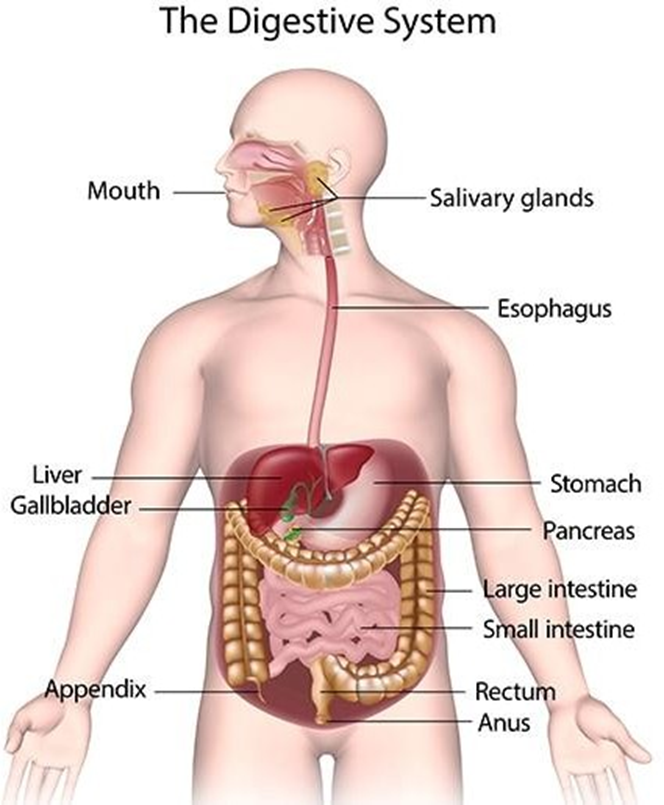For a nurse to perform a nutritional assessment, which of the following is necessary?
Write dietary goals (objectives).
Collaborate with client to determine interventions.
Develop a nutritional nursing diagnosis.
Physical measures of a person's size, form, and functional capacities.
The Correct Answer is D
A. Writing dietary goals or objectives usually comes after the assessment phase when the nurse and client set specific objectives based on the assessment findings.
B. Collaborating with the client to determine interventions is a crucial step in the planning phase that follows the assessment phase.
C. Developing a nutritional nursing diagnosis is part of the diagnostic phase and might come after the assessment, where data are analyzed to identify nutrition-related problems.
D. Physical measures of a person's size, form, and functional capacities, including height, weight, body mass index (BMI), skinfold thickness, etc., are fundamental aspects of a nutritional assessment.
Nursing Test Bank
Naxlex Comprehensive Predictor Exams
Related Questions
Correct Answer is B
Explanation
A. The stomach is where food mixes with digestive juices and begins the process of breaking down, but it's not the initial site where food enters the gastrointestinal tract.
B. The mouth is where digestion begins as food is chewed and mixed with saliva, forming a bolus that starts the process of digestion before moving through the esophagus.
C. The rectum is the final portion of the large intestine where waste is stored before elimination, not the starting point of digestion.
D. The small intestine is the primary site of nutrient absorption but is not the starting point where food enters the gastrointestinal tract.

Correct Answer is B
Explanation
A. Lactovegetarians include dairy products in their diet along with plant-based foods.
B. Lactovegetarians follow a vegetarian diet that includes plant-based foods as well as dairy products like milk, cheese, yogurt, etc.
C. This description does not fit the dietary pattern of a lactovegetarian, as it suggests avoiding eggs only.
D. Including poultry along with plant foods doesn't align with the lactovegetarian diet, which excludes meat.
Whether you are a student looking to ace your exams or a practicing nurse seeking to enhance your expertise , our nursing education contents will empower you with the confidence and competence to make a difference in the lives of patients and become a respected leader in the healthcare field.
Visit Naxlex, invest in your future and unlock endless possibilities with our unparalleled nursing education contents today
Report Wrong Answer on the Current Question
Do you disagree with the answer? If yes, what is your expected answer? Explain.
Kindly be descriptive with the issue you are facing.
